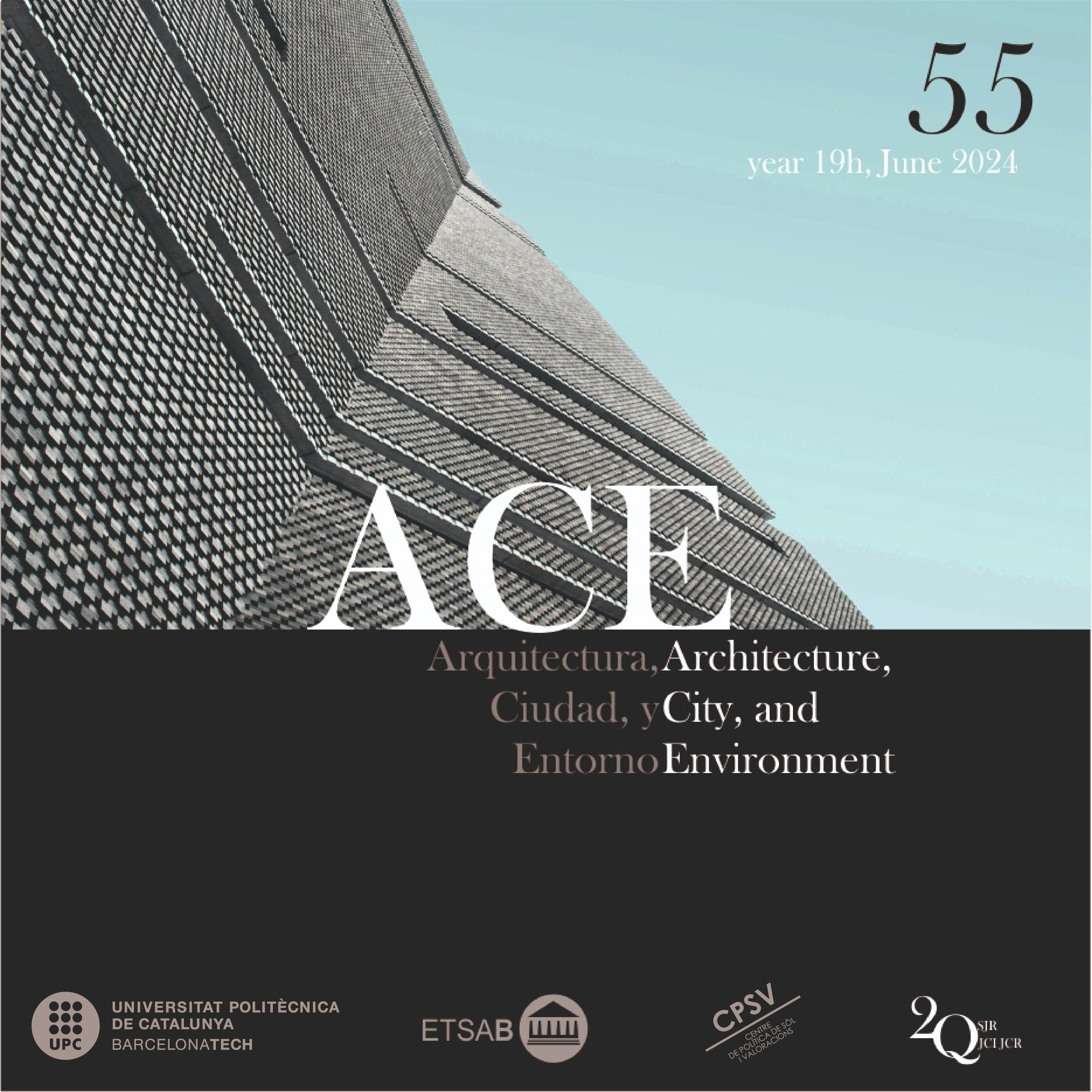Del massiu al barrial. És la identitat una categoria articuladora entre la mobilitat quotidiana i el transport urbà?
DOI:
https://doi.org/10.5821/ace.19.55.12151Paraules clau:
barri, transport massiu, mobilitat, identitat urbanaResum
Els mitjans de transport massius comporten una tendència que ha cobrat més força en les últimes dues dècades a Llatinoamèrica (Vásquez, et al., 2019; Pardo, 2009), aquesta directriu implica constants desarticulacions amb el territori, i les mobilitats quotidianes, que condueix a re-configuracions en les experiències dels qui habiten i transiten les diferents escales espacials urbanes. Aquest article té com a propòsit explorar els estudis empírics sobre les implementacions de transport massiu i les seves implicacions a la identitat barrial; a través de la revisió de tres categories clau: la identitat urbana/barrial des d'una perspectiva cultural i de la psicologia ambiental (Valladares, 2021; Portal, 2003; Delgado, 1999), les mobilitats quotidianes (Dureau, et al., 2021 ; Miralles, 2013), i el transport massiu (Aguilar, et. al., 2021; Velázquez, 2015). Per a l'apropament va ser emprat el mètode de revisió documental i bibliogràfica, a més a més es va utilitzar l'anàlisi de contingut dels diversos recursos trobats. Entre les principals troballes destaca que la relació mobilitat quotidiana, identitat barrial i transport massiu es troba estudiada en la literatura, però no de manera articulada, per la qual cosa és important avançar cap a la interrelació entre aquests tres aspectes; l'aportació fonamental d'aquesta exploració és aquest entrecreuament mitjançant tres escales d'anàlisi fonamentals en el marc de l'àmbit urbà, d'una banda allò individual: la identitat; una escala microsocial: el barri; i el transport massiu que respon a una tendència global, en el context llatinoamericà, que generalment són producte duna política emanada del discurs de la sostenibilitat i el capitalisme neoliberal.
Descàrregues
Publicades
Número
Secció
Llicència
| CRITERIS DE PROTECCIÓ INTEL·LECTUAL |
En aquest moment es compta amb la protecció de la Oficina Espanyola de Patents i Marques, mentre que la protecció global s'està tramitant davant la Organització Mundial de la Propietat Intel·lectual (OMPI/WIPO). Així mateix, la Oficina del Número de Sèrie Estàndar Internacional (ISSN) ha otorgat els següents números: 1886-4805 (versió electrònica) i 1887-7052 (versió en paper). |
| COPYRIGHT |
El contingut dels articles i els comentaris en ells expresats són responsabilitat exclusiva dels seus actors, i no reflexen necessariament la opinió del Comité Editor de la revista. Els treballs publicats per ACE queden sotmesos a la llicència CC BY-NC-ND 3.0 ES http://creativecommons.org/licenses/by-nc-nd/3.0/es/ La qual cosa vol dir que les persones autores només tenen i retenen els drets d'autor dintre de les limitacions imposades per la anterior llicència |


































